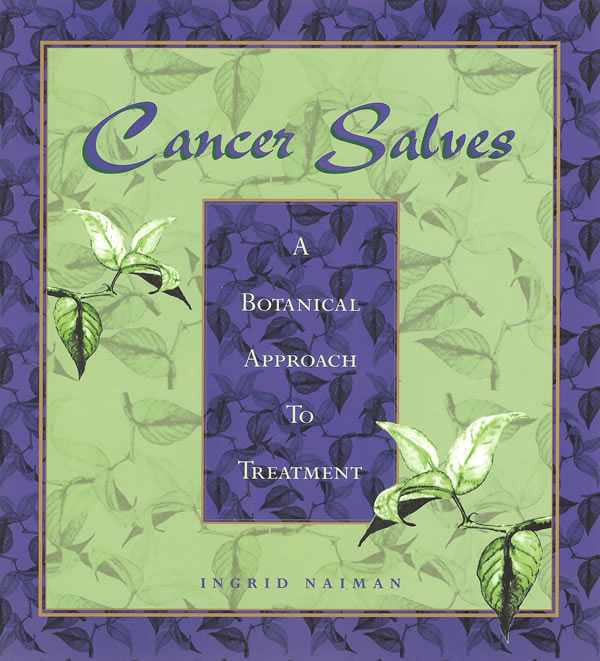Sustainable Agriculture
Dedicated to the late Masanobu Fukuoka, author of One Straw Revolution and father of the Zen of agriculture.
福岡 正信
2 February 1913 – 16 August 2008
“If a single new bud is snipped off a fruit tree with a pair of scissors, that may bring about a disorder which cannot be undone…. Human beings with their tampering do something wrong, leave the damage unrepaired, and when the adverse results accumulate, work with all their might to correct them.”

“To become one with nature — agriculture is an occupation in which a farmer adapts himself to nature. To do that, you have to gaze at a rice plant and listen to the words from the plant. If you understand what the rice says, you just adjust your heart to that of the rice plants and raise them. In reality, we do not have to raise them. They will grow. We just serve nature. A piece of advice I need to give you here. When I say gaze at a rice plant or stare at its true form, it does not mean to make an observation or to contemplate the rice plant, which makes it an object different from yourself. It is very difficult to explain in words. In a sense, it is important that you become the rice plant. Just as you, as the subject of gazing, have to disappear. If you do not understand what you should do or what I am talking about, you should be absorbed in taking care of the rice without looking aside. If you could work wholeheartedly without yourself, that is enough. Giving up your ego is the shortest way to unification with nature.”
Masanobu Fukuoka
http://www.fukuokafarmingol.net
Summary of Fukuoka-sensei’s Method
Fukuoka’s farming technique requires no machines, no chemicals and very little weeding. The soil is not
Originally published in 2003, updated in 2018 | Copyright by Ingrid Naiman 2003 and 2018
Image Credits
Rice Fields in Rantepao, Sulawesi
Dreamstime ID 2188738
© Thomas Pozzo Di Borgo
Many experts throughout history have regarded cancer salves and pastes as the most thorough, safe, and efficacious way to treat cancer, especially skin and breast cancers but also cancers of other organs. In this book, Ingrid Naiman meticulously traces the use of such products in ancient India and by Hildegard of Bingen, Native Americans, and modern physicians. She provides detailed instructions for making and using the salves, a fair comparison of the pros and cons, and eight pages of color pictures showing responses to the products. Visit her Cancer Salves site for more information, answers to frequently asked questions, and a checklist for people facing cancer.

Cancer Plants
Donations
Your donations are greatly appreciated.
Information
Newsletter
To be notified of new posts to this site, please subscribe, using the link button below. You can cancel your subscription at any time you choose.
Copyright by Dr. Ingrid Naiman 2003 and 2018
All Rights Reserved || Institute for Invisible Epidemics
